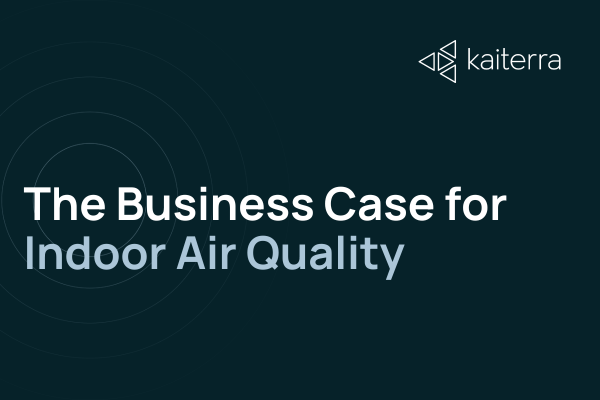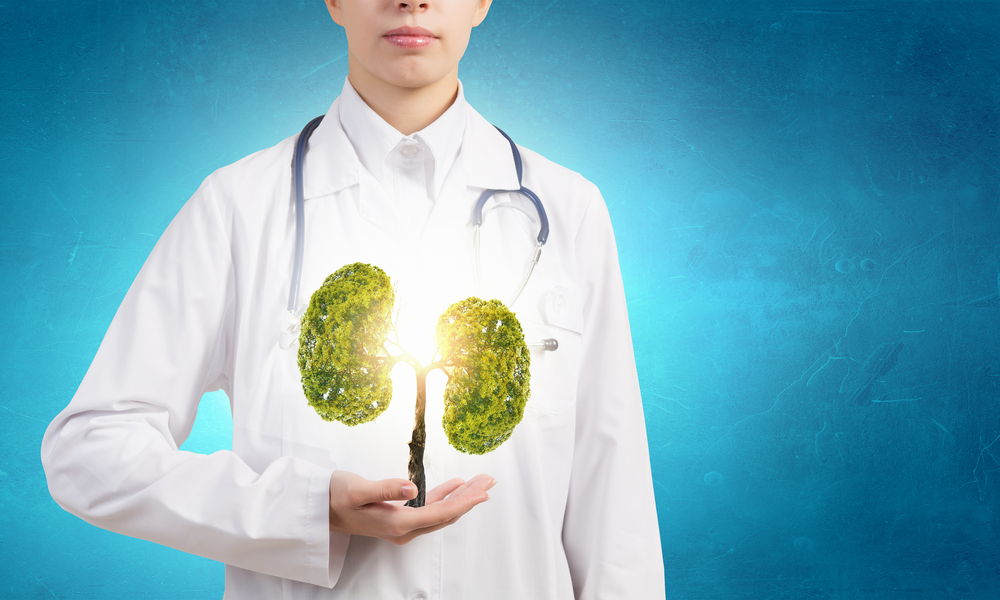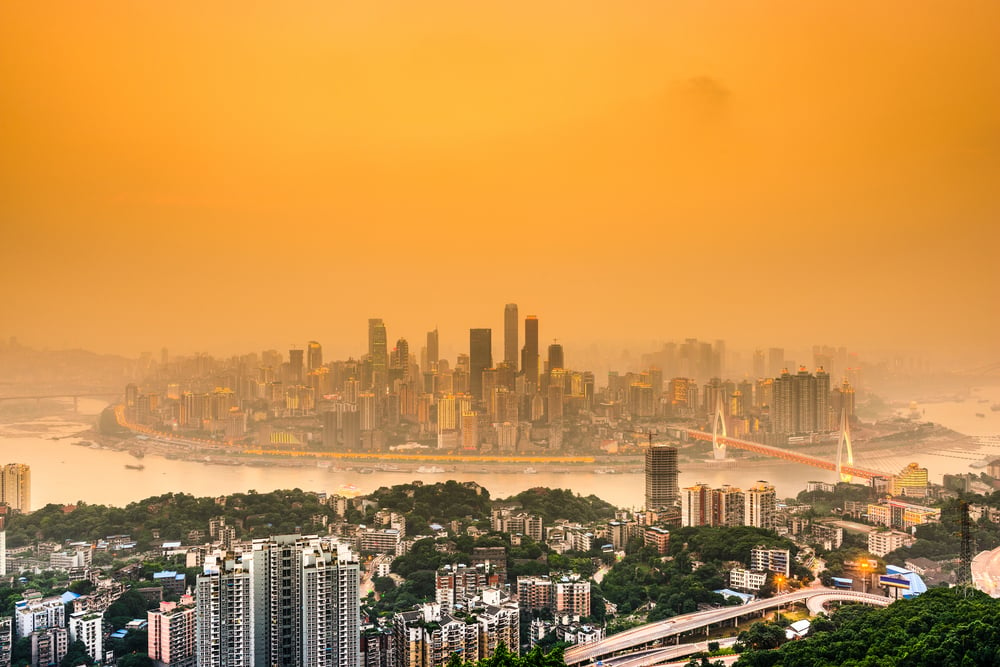Newsletter
What Are Pollution Masks?
Pollution masks are worn on the face to protect you against harmful air pollutants present in the ambient air. They filter out pollutants when you breathe through them. In fact, high-end pollution masks are efficient enough to remove pollutants as small as PM2.5. Pollution masks protect you against outdoor air and can also be used inside where indoor air purification methods have not been adopted.
Types of Pollution Masks
Pollution masks vary in effectiveness and cost according to the type of pollutant and the purpose of use. There are three main types of masks people use to protect themselves from pollutants:
- N95 air masks – N95 is a basic air pollution mask that filters 95% of air pollutants. It can filter out most particle pollutants, often even PM2.5 and other oil-based pollutants. When shopping for an N95 air mask, you should consider one that has a separate passage (or air valves) for the air to move through while exhaling. This prevents moisture and excessive fogging near the nose-bridge and eyes.
- N99 and N100 masks – These air masks have the capacity to filter particles like PM2.5 with 99% and 99.97% efficiency. But unlike N95, they cannot filter oil-based air pollutants.
- P95 and R95 masks – P-rated masks are resistant to oil-based contaminants while R-rated masks are not. These masks are comparatively expensive and are used for industrial purpose instead of personal use.
How Do Pollution Masks Work?
Pollution masks have layers of filters and each layer of the filter is designed for a specific type of air pollutant. There are three primary layers:
- Primary filter – Large particles like dust and pollen are easily filtered out in the primary filter. Particle pollutants like PM10 are also trapped in this filter. However, it cannot remove PM2.5.
- Particle filter – This filter protects you against smaller pollutants like PM2.5. Particle pollutants that are not removed in the first layer are filtered here. For an air mask to work efficiently, it is important to have a primary and a particle filter.
- Carbon filter – An activated carbon filter is more commonly found in higher-end pollution masks and is highly efficient in removing gaseous pollutants that other filters cannot. A carbon filter also filters bacteria and viruses present in the air.
 Benefits of Pollution Masks
Benefits of Pollution Masks
Anyone who is sensitive to pollutants will tell you that there are many benefits of using a pollution mask. Benefits of pollution masks include:
- Preventing long-term effects of air pollution on the body - Pollution masks restrict the inhalation of air pollution which causes airborne allergies and other lung diseases. Prolonged exposure to air pollutants can lead to various respiratory problems including asthma.
- Increasing lung capacity - Inhaling pure air results in higher lung capacity and makes breathing easier. This improves the strength of respiratory muscles and increases the oxygen intake.
- Protection against various bacteria and fungus. Pollution masks with activated carbon filters protect us against bacteria and fungus, as well as prevent diseases and allergic reactions.
Air pollution is a global health crisis. Read more about this issue here:
Kaiterra provides air quality monitors and an IAQ analytics dashboard for healthy buildings and offices, helping workplace leaders and healthy building pioneers assess and improve their indoor air quality. Our indoor air quality monitors like the Sensedge and the Sensedge Mini can be found in many of the world’s most iconic buildings and workplaces, such as the Empire State Building and the Burj Khalifa.






.png?width=200&height=148&name=Menu%20C%20(2).png)

.png?width=307&height=228&name=Menu%20-%20D%20(1).png)
.png)





